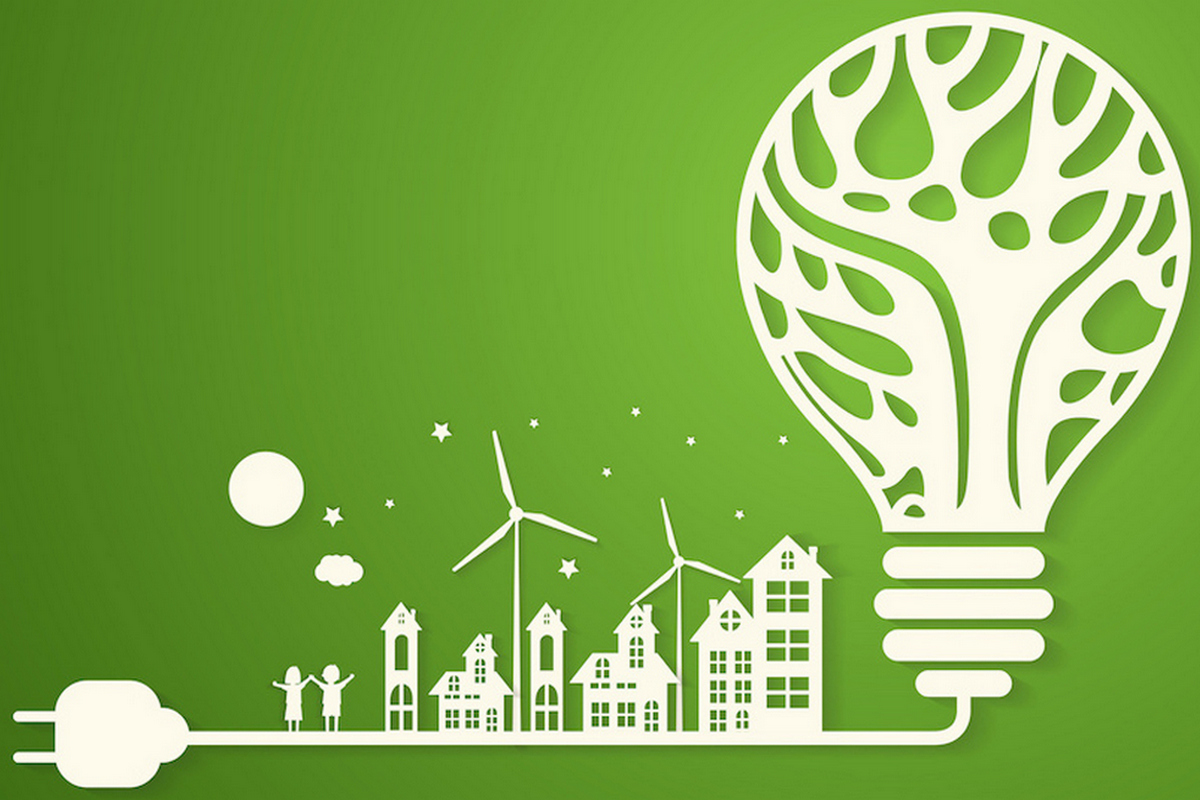The modern world faces many challenges, among which energy efficiency and sustainability issues attract special attention. In the context of the rapid development of digital technologies, these questions are becoming more and more relevant. Energy efficiency and sustainability play a key role in ensuring the long-term and sustainable development of society, and digitalization provides both opportunities and challenges in this area.
Energy Efficiency: Key Aspects
Energy efficiency is defined as the optimal use of energy to achieve a certain result. This is an important aspect as it has a direct impact on saving resources, reducing operating costs and reducing the negative impact on the environment.
1. Technological innovation and energy saving
Modern digital technologies contribute to a significant increase in energy efficiency. Innovations in automation and intelligent control systems allow for more precise control of energy consumption. Examples include:
- Smart Grids and Sensors: Smart energy management systems and sensors allow you to monitor your energy consumption in real time and quickly adjust settings for maximum efficiency.
- Internet of Things (IoT): IoT devices help integrate different systems such as lighting, heating, and air conditioning, creating interconnected networks that optimize energy consumption.
- Energy-efficient devices and systems: Advanced technologies such as light-emitting diodes (LEDs), high-efficiency electric motors and energy recovery systems can significantly reduce energy consumption.
2. Digitalization of industry
The digitalization of industrial production, also known as Industry 4.0, contributes to improving energy efficiency. Using data analytics, machine learning, and artificial intelligence, you can:
- Optimize processes and reduce energy waste.
- Increase equipment efficiency.
- Predict and prevent failures, which reduces energy consumption during repairs and downtime.
Sustainability and digital technologies
Resilience includes the ability of a system to maintain its functions and performance despite external or internal changes. In the context of digitalization, sustainability is becoming a critical aspect that must be taken into account at all levels.
1. Resilience in Digital Infrastructure
The introduction of digital technologies is associated with an increase in dependence on information systems and networks, which makes the sustainability of information infrastructure extremely important:

- Cybersecurity: Resilience to cyber threats is becoming a prerequisite for protecting data and systems from attacks that can disrupt their operations and lead to serious consequences.
- Data backup: Modern data backup and recovery technologies help preserve information and recover quickly from failures.
2. Sustainable development in the context of ecology
Digital technologies also play an important role in environmental sustainability. The main areas include:
- Digital Resource Management Solutions: The use of data analytics and modeling helps to manage natural resources more efficiently and reduce environmental impact.
- Energy-efficient data centers: Implementing cooling and energy management technologies in data centers helps reduce their carbon footprint.
The impact of digitalization on the energy sector
Digitalization has a dual impact on the energy sector:
1. Positive aspects
- Energy management: The development of digital technologies allows for improved management of energy systems, resulting in lower energy consumption and costs.
- New energy sources: Digital technologies are promoting the development and integration of renewable energy sources, such as solar and wind farms, into the energy grid.
2. Challenges and risks
- Increasing energy consumption: Advances in digital technology and data growth require significant energy resources, which can lead to an increase in overall energy consumption.
- Energy infrastructure: To support growing energy demands, energy infrastructure needs to be updated and modernized.
Conclusion
Energy efficiency and sustainability are important aspects in the digital age. Digitalization provides opportunities to improve energy management, increase sustainability, and integrate renewable energy. However, these achievements come with challenges, such as increasing energy consumption and the need to modernize infrastructure. Balancing the benefits and challenges of digitalization is key to achieving sustainable development and efficient use of resources in today's world.
